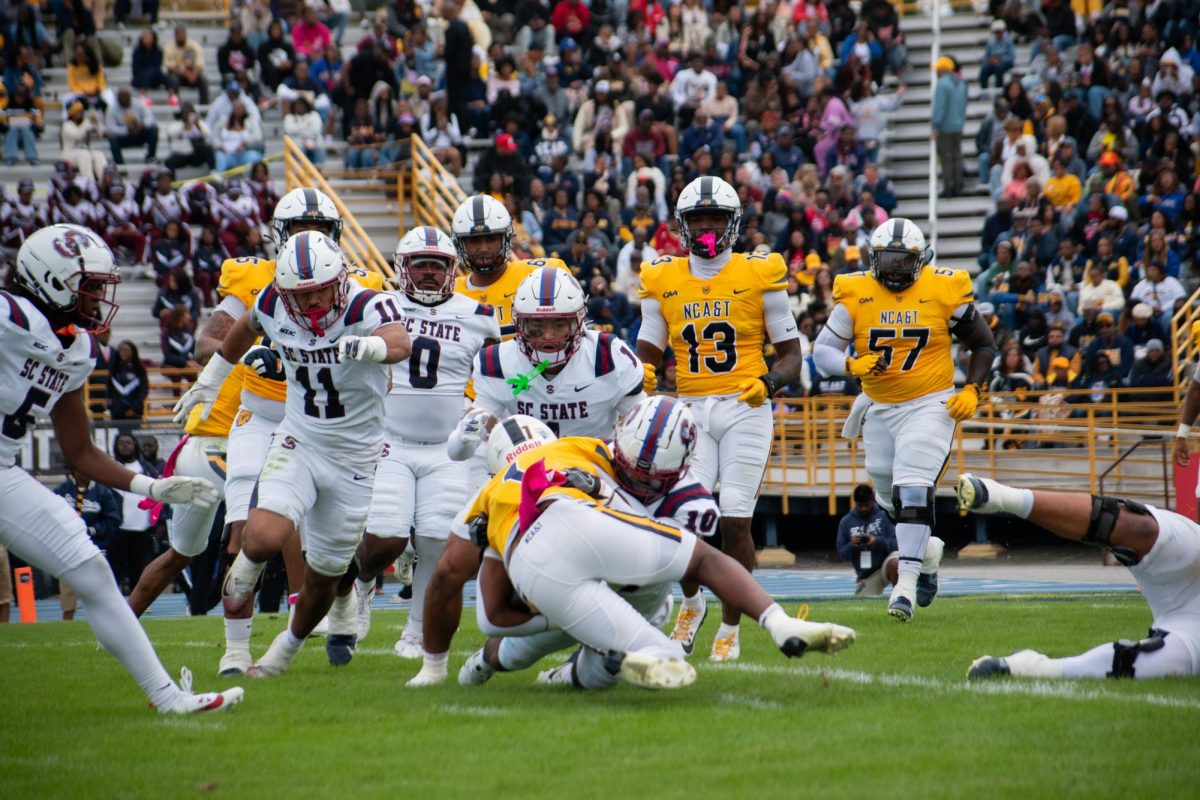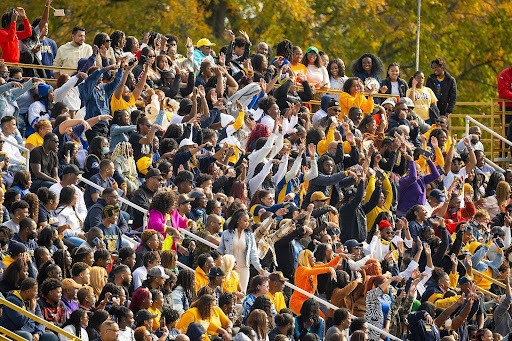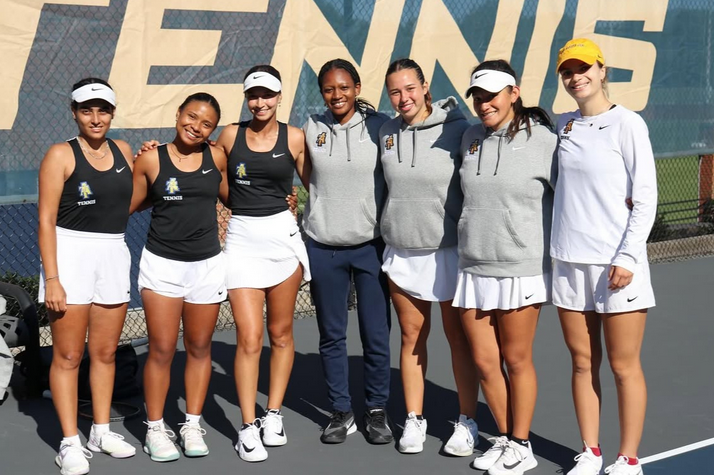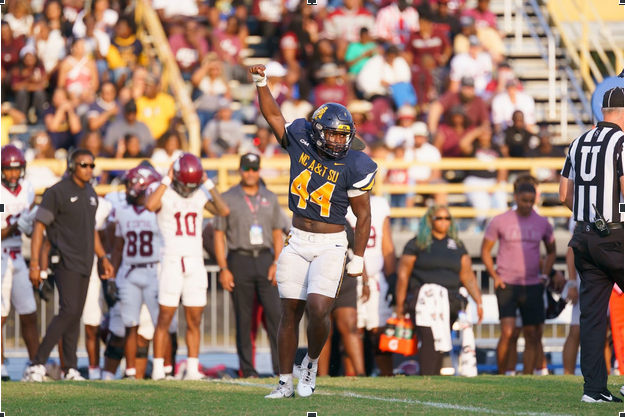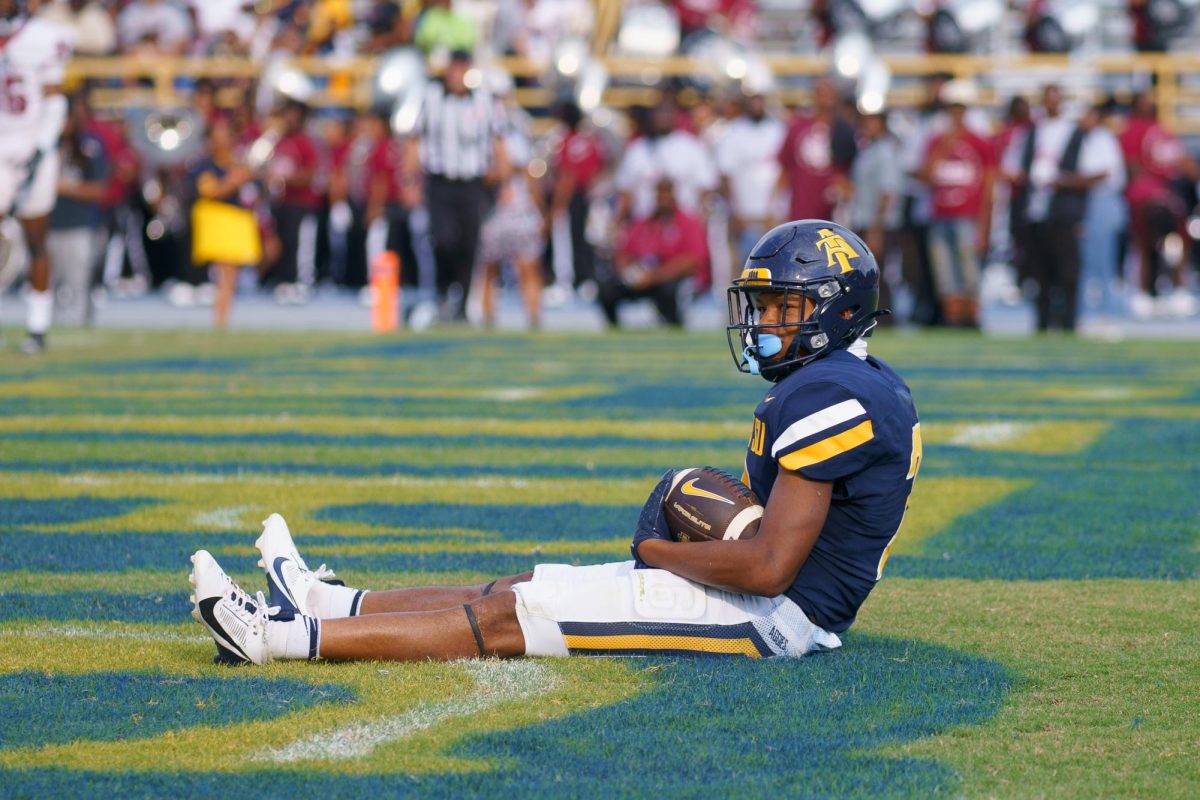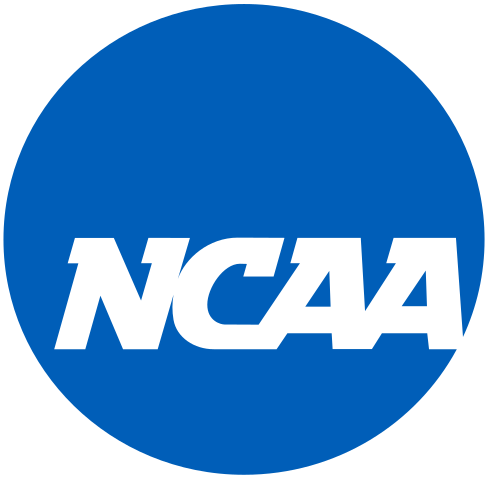
The landscape of college athletics is changing as we know it, at least in California and South Carolina.
California Governor Gavin Newsome decided to use the massive size of his state to set new standards with an even bigger movement. Gov. Newsome has proposed the “Fair Play Fair Pay” bill. If this bill is signed into law, it will make it illegal for universities to take away a player’s scholarship for taking money from scouts.
The bill has three to four weeks to get signed into a law that would be effective starting January 1, 2023. From a higher government standpoint, Sen. Nancy Skinner hopes the passing of “Fair Play Fair Pay” will make other states follow California’s path. There has also been various soft whispers of bills in the works for Maryland and Oklahoma.
In South Carolina, Sen. Marlon Kimpson with the assistance of Rep. Justin Boumberg hopes California starts a fire under their own state’s legislature. Earlier in the year, these two South Carolina legislators proposed a bill mirroring California’s proposed bill.
What speculators and analysts don’t know is in 2014, Sen. Kimpson mapped out a similar bill but did not receive enough votes. Sen. Kimpson’s 2014 bill included 2,500 dollars being put in a trust fund each semester for collegiate athletes maintaining a 2.0 grade point average and successfully passing a financial literacy course, according to ESPN’s Dan Murphy.
No matter if it’s a pre-professional conversation or retired arguments, athletes at all levels have added an element to this global salary conversation.
“I think we should be paid because the statistics for how much money we make for our schools and the NCAA compared to what we get back is a crazy small fraction,” Myles Wolfolk, a veteran defensive back for the North Carolina Tar Heels told me in a recent interview.
“We are basically working full-time jobs for coaches who are paid millions based on how well we play. We are making others rich off of our strenuous labor, it is only fair that we get paid.”
Wolfolk’s view comes from living the life of a student-athlete. He believes that his teammates and himself are the reason why coaches are able to live the lifestyles that they live, sell-out Kenan Memorial Stadium faithfully, keep outside financial donors and alumni intrigued and have the university’s athletic merchandise flying off the racks.
In this statement, Wolfolk mentions simply wanting to get paid for the work that he puts in for long hours just like how a regular job would operate.
Not all sports fanatics, authorities, current and former players agree with these new payment proposals and measures.
Former Florida Gators quarterback Tim Tebow isn’t a fan of the idea regarding how authentic collegiate sports will remain once money becomes an added factor. Millions of fans tune in on weeknights in their school’s gear with their family along with their favorite snack to see the sweat, blood, and grit that screams what collegiate sports is founded upon.
“That’s why the stadiums are bigger in college than the NFL. Because it’s about your team, about your university, about where my family wanted to go, about where my grandfather had a dream of seeing Florida win an SEC championship, and you’re taking that away so young kids can earn a dollar. And that’s not where I feel like college football needs to go.”
The NCAA’s executive branch threatens that there will be trouble for California schools if they continue with this movement.
“I have already sent two letters to the California State Assembly stating that if you all proceed then you risk not being able to take part in upcoming NCAA championships and tournaments”, said NCAA President Mark Emmert according to the Touchdown Wire.

